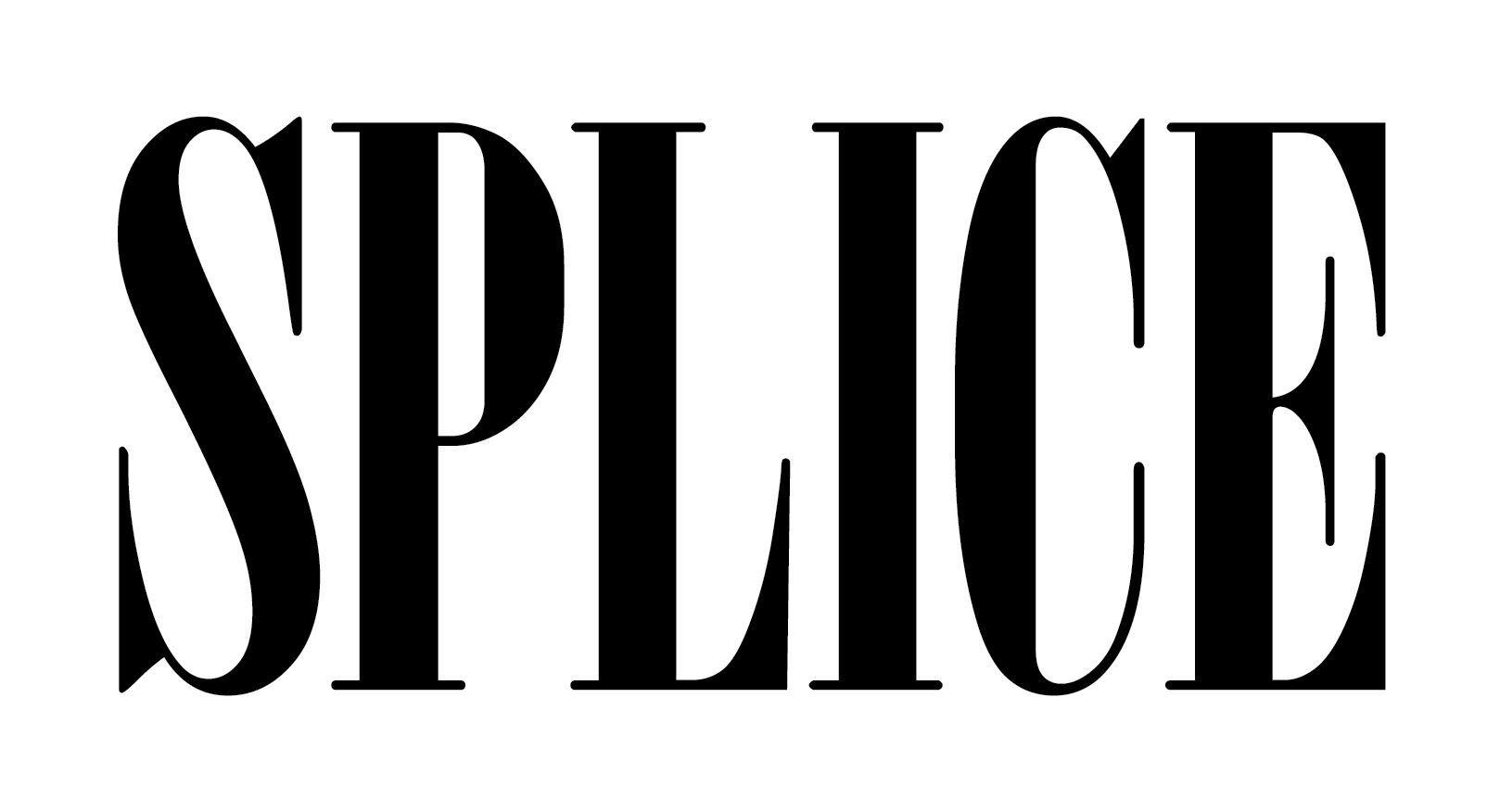![]() Part 4 of 5 in the “Do’s and Don’ts of an Interview” series will focus on communication. As a refresher the 5 primary categories I am discussing include:
Part 4 of 5 in the “Do’s and Don’ts of an Interview” series will focus on communication. As a refresher the 5 primary categories I am discussing include:
- Personality
- Experience
- Relationship
- Communication
- Long Term Outlook
Interviewers will judge your communication on more than just verbal (how well you translate your thoughts), they will also rank:
- Written (your resume, application, paperwork etc…)
- Body Language (what are you really thinking vs what you say)
- Questions & Answers (how well thought out, relevancy to the interview – i.e. not canned)
- Ability to Listen (indicates how you will take direction)
Let’s pick these apart….
Written
- All paperwork (resume, application, forms) must be well written, neat, clean and complete. Employers relate this to what type of employee you will be.
- Writers are readers, how many blogs, books, articles have you read about this topic; time to carry out!
- Size matters; when you write something go back and try to make it shorter with the same or more impact
- Read your resume / thank you notes out loud, make sure they flow and sound memorable.
Verbal
- Leave a lasting impression; make sure the interviewer knows what they need to about you.
- Don’t start your conversation with
- “I was just going to say…”
- “I’m not sure if I’m right, but…”
- “I don’t know if…”
- “This is probably a stupid question…”
- Use self-disclosure openings as conversation starters, they ease communication apprehension.
- Be ready to offer insight into you and appeal to the inherent helpful nature of other people. Examples include:
- This is my first interview (if it is)
- I am really excited to learn more about your company (this will open them up to state, “well what do you know”), then tell them!
Body Language
- Interviewing is like dating, be engaged in the conversation and the person!
- Connect with the interviewer, they should feel as if you are an old friend and you’re catching up!
- Research positive body language for interviews, a few tips include;
- smile when entering the room
- firm handshake (if you miss simply state “hey, let’s try that again), this shows confidence.
- DO NOT fold your arms
- MEN: Never, ever, ever CROSS YOUR LEGS.
- DO NOT put your elbows on the table
- DO NOT clench your fist (indicates anger)
- Sit down after the interviewer
Questions & Answers
- Always ask GOOD questions about the company, the person(s) conducting the interview.
- Start with an introduction, followed by a question like: “What else can I tell you about myself?”
- Ask questions throughout, be conversational, but precise.
- End with a good question: “Was there anything you were looking for that we haven’t discuss?”
Ability to Listen
- Don’t talk yourself out of a job, relax, be confident and professional.
- Pay attention to verbal and non verbal cues.
- Prepare responses to “standard” questions with 30 – 120 second responses that drive home a point **Note: I will give some standard questions in an upcoming blog.
- Repeat back key points from the interview and address them in your response.
- Above all LISTEN!!!
I am sure there are tons more bullets that can go under each heading. I urge everyone to add comments to this post, it will only help everyone that reads! We are hitting the end of this series and next we will discuss how employers evaluate your potential longevity!













Thank you for this post and moreover I want to say the 5 parts are very interesting.
I think I’ve have on some occasion that crossing legs below a table can be interpreted as a way to hide that something is “going wrong”.
However I was wondering the reason why men shouldn’t cross their legs? How is this body position interpreted?
Thanks for tweeting and reading! During an interview (or meeting) a person should sit facing the person being addressed, with the toes pointed directly at them. This is a sign of interest.
I don’t want this to sound wrong, but many times when men cross their legs, other men feel it is a “feminine” trait. I am not saying I agree, however I have received this feedback from hiring managers in the past. I know that it is culturally accepted in many areas for men to cross their legs, I just want to point it out to give them a leg up!
Ok. Thanks for your reply and I look forward to your next posts.